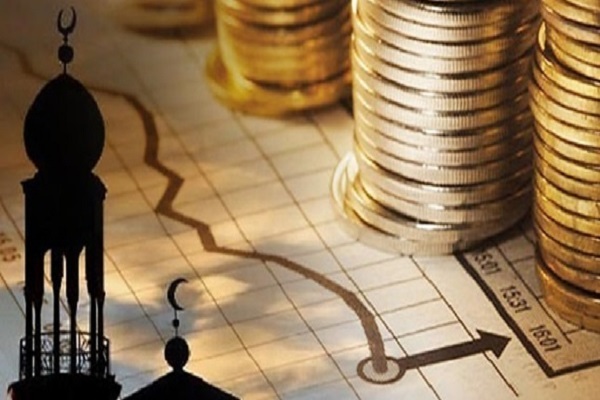
The Robust Islamic Economy
The Islamic economy, also known as halal economy, is an economic system that adheres to Islamic rules and values. Finance, food and drinks, travel and tourism, fashion, cosmetics, and other industries are all included. In recent years, the Islamic economy has grown significantly and gained global reputation. Here are some major characteristics of its development:
- Islamic Finance: Islamic finance is a key area of the Islamic economy. It works on Shariah law principles, which ban the payment or acceptance of interest (riba) and encourage risk-sharing and ethical investing. Islamic banking, sukuk (Islamic bonds), Islamic insurance (Takaful), and Islamic investment funds are all examples of Islamic financial products. The worldwide Islamic finance industry has expanded significantly, with Islamic banking assets reaching trillions of dollars and Muslim-majority and non-Muslim nations increasingly adopting Islamic finance concepts.
- Halal Food and Beverages: The global halal food and beverage sector is quickly increasing. Halal items and services are those that are allowed under Islamic dietary rules. Halal-certified food manufacturing, processing, packaging, distribution, and catering services are all part of this industry. The expanding Muslim population, as well as increased knowledge and demand for halal products among Muslim and non-Muslim customers, have all contributed to the expansion of the halal food and beverage sector.
- Halal Travel & Tourism: In recent years, halal travel, often known as Muslim-friendly travel, has gained popularity. It caters to Muslim tourists’ requirements and preferences, including halal meals, prayer facilities, and hotels that comply to Islamic values. To attract Muslim travelers, several countries and places have aggressively promoted themselves as halal tourism destinations. Halal hotels, tour operators, airlines that provide halal meals, and other travel services are all part of this industry.
- Halal Fashion and Cosmetics: The worldwide halal fashion and cosmetics sector is expanding rapidly. Halal fashion refers to apparel that complies with Islamic modesty and ethical production standards. Halal cosmetics are made with substances that are allowed under Islamic law. Consumer demand in both sectors has surged, with many popular companies and designers releasing halal fashion lines and halal-certified cosmetics.
- Islamic Digital Economy: The emergence of Islamic digital platforms and services has also occurred in the digital economy. Islamic fintech, halal e-commerce, Islamic mobile applications, and online platforms that cater to the special demands of Muslim consumers are examples of this. The Islamic digital economy seeks to create creative solutions that adhere to Islamic principles and values.
The Islamic economy is growing as a result of factors such as an increasing Muslim population, increased knowledge and demand for Shariah-compliant products and services, and identification of potential economic possibilities in the Islamic market. Governments, corporations, and international organizations have been aggressively promoting the expansion of the Islamic economy by enacting legislation, standards, and initiatives to encourage its development.
It is crucial to highlight that the growth and development of the Islamic economy fluctuate among areas and nations, and are impacted by variables such as local demography, cultural settings, and government regulations.

 "
"

 "
"
